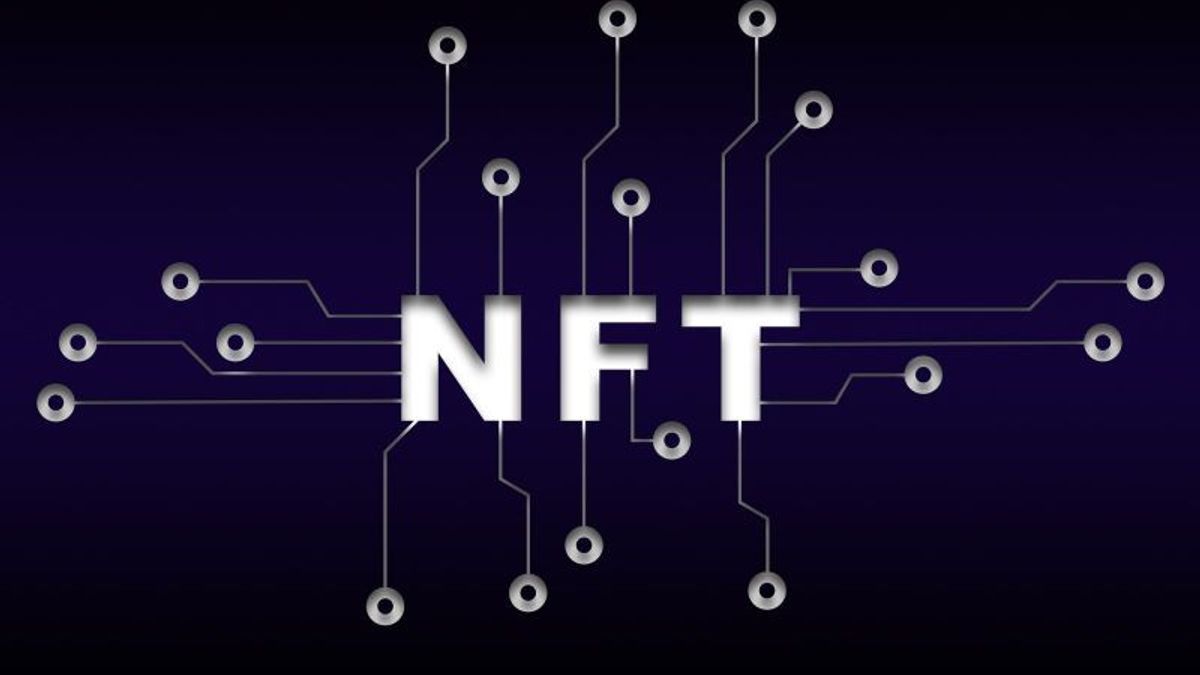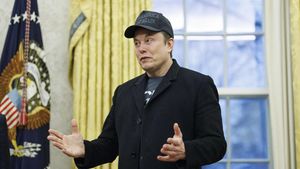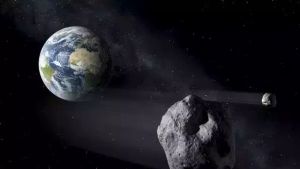JAKARTA - A number of marketplaces, marketplaces, to sell non-fungible tokens have suspended sales due to a lot of fake content circulating.
Cent, who once sold NFT in the form of the first tweet of former Twitter CEO Jack Dorsey, has temporarily suspended trading activities on the platform since February 6th.
"In general, there is a spectrum of activity that occurs, but it shouldn't be happening," said Cent CEO Cameron Hejazi, quoted by Antara, Sunday, February 13.
NFT crypto assets contain digital files, which can be images, text or videos. Anyone can make and sell NFT, popularly known as "mint". Ownership of the token does not necessarily mean he created the content.
Although Cent has generally stopped selling NFTs, the platform's "Valuables" category, which sells NFT in the form of tweets, is still active.
Hejazi assessed that there are three main issues that must be faced, namely people selling unauthorized copies of NFTs, people making NFTs from content that doesn't belong to them and people selling NFT sets that resemble securities.
He saw that the printing of counterfeit digital assets was rampant.
"This keeps happening. We will ban infringing accounts, but, it's like playing the game 'whack-a-mole'. Every time we ban one, another will appear, or even three at once," said Hejazi.
This problem is getting worse because many big brands are joining in on the Metaverse and Web3. Cent is a small NFT platform, they have about 150,000 users and "millions of dollars" in revenue.
Hejazi assesses the problem of fake content like this happening across industries.
Hejazi wants to protect content creators, he plans to roll out centralized control on a temporary basis, while looking for a suitable decentralized system.
He only realized what was happening to the NFT market after selling Jack Dorsey's content.
"We realize a lot of people are just after money," said Hejazi.
OpenSea, today's largest NFT marketplace, last month said more than 80 percent of the NFT created free of charge on the platform was classified as "plagiarized work, fake collections and spam".
The platform had limited the quota for making NFT for free, however, it was finally revoked due to user protests. They are currently looking for ways to tackle the "bad actors" while supporting creators.
"Selling NFT with plagiarized content is against our policy," said an OpenSea spokesperson.
The decentralized system that blockchain technology offers is attractive to NFT enthusiasts. They can create and sell digital assets without a central authority overseeing the activity.
The English, Chinese, Japanese, Arabic, and French versions are automatically generated by the AI. So there may still be inaccuracies in translating, please always see Indonesian as our main language. (system supported by DigitalSiber.id)









